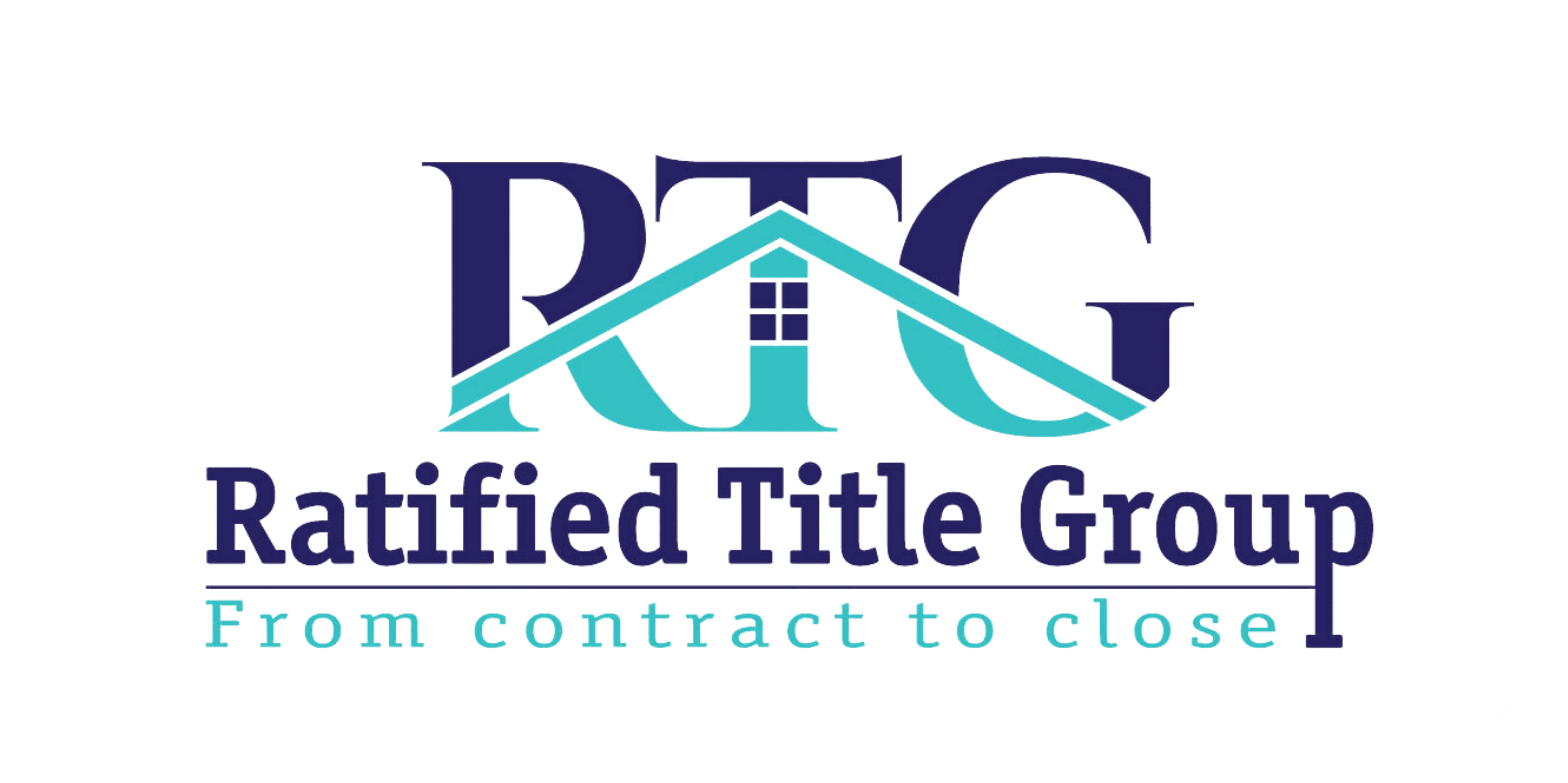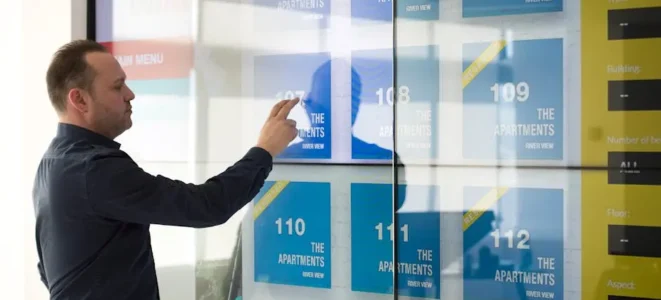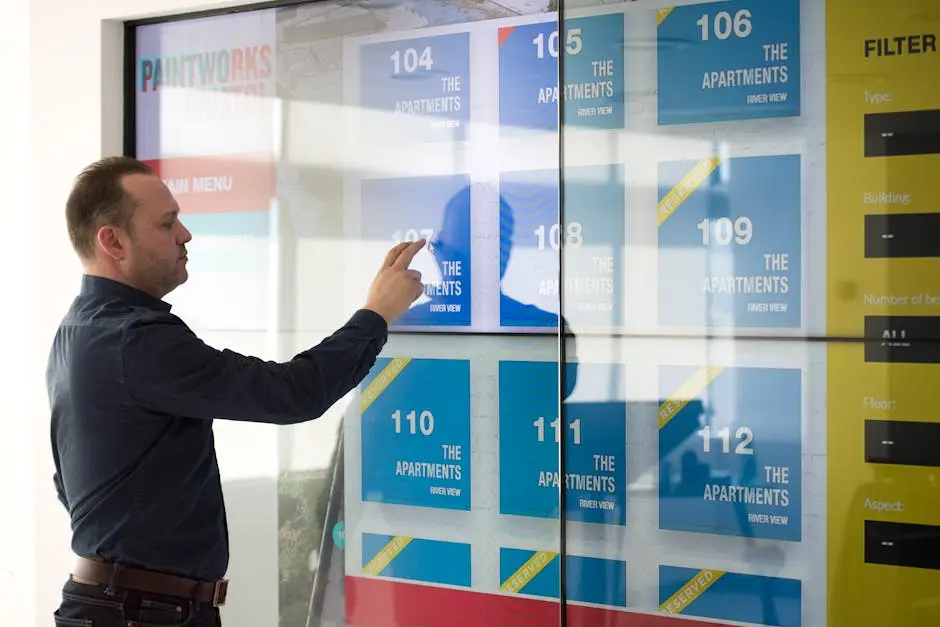In today’s fast-paced world, the real estate industry is continually evolving. One significant innovation that’s making waves is virtual closing solutions. These digital alternatives streamline the home buying and selling process, making it more accessible and efficient for everyone involved. Let’s dive into how virtual closing solutions are transforming the real estate landscape and what this means for buyers, sellers, and professionals in the field.
Understanding Virtual Closing Solutions
Virtual closing solutions utilize technology to facilitate real estate transactions remotely. This innovative approach allows buyers and sellers to engage in the closing process from the comfort of their own homes, eliminating the need for in-person meetings that are often time-consuming and inconvenient.
At its core, a virtual closing involves an online platform where all necessary documents are shared, reviewed, and signed electronically. This method differs significantly from traditional closings, which typically require physical presence and, more importantly, can create barriers for those with scheduling conflicts or mobility issues.
Moreover, virtual closings are backed by sophisticated security measures designed to protect sensitive information. With robust encryption and authentication processes in place, these solutions assure both parties that their data is secure. Understanding these elements is essential in debunking the myths surrounding virtual closings.
The Benefits of Going Virtual
With the rise of virtual closing solutions, we see numerous advantages, including time savings, reduced stress, and increased accessibility. Imagine closing on a home without the hassle of coordinating a meeting that suits everyone’s busy schedules – that’s the beauty of going virtual.
One of the standout benefits is the sheer convenience it offers. Homebuyers can now finalize their transactions at their convenience, while sellers can monitor the process remotely. This flexibility is invaluable, particularly for those managing work or family commitments.
Additionally, the cost-effectiveness of virtual closings cannot be overlooked. By minimizing travel and administrative costs, both buyers and sellers realize significant savings. This affordability makes home ownership more attainable, breaking down financial barriers for many.
Beyond financial gains, virtual closings foster inclusivity, allowing those who might have experienced challenges in traditional settings to participate more fully. Whether it’s a first-time buyer or someone with disabilities, everyone can engage in the process without the physical constraints of location.
How Virtual Closings Work
Understanding the process is crucial for anyone considering a virtual closing. The journey begins with preparing the necessary documentation, which can include purchase agreements, disclosures, and other essential forms. By digitizing these documents, stakeholders can easily access them anytime, facilitating a smoother transaction.
Once the documentation is prepared, buyers and sellers are invited to a secure online platform where they can review the materials. This step is vital as it ensures all parties are informed and can ask questions before moving forward, leading to fewer misunderstandings.
When it comes time to sign, electronic signatures are used, which are legally binding and compliant with state and federal laws. This eliminates the need for printing, scanning, or mailing documents, saving time and reducing waste, which is great for the environment.
After signatures are collected, the closing agent will finalize the transaction by ensuring all necessary checks are performed, such as title searches and fund transfers. The entire process can often be completed in a matter of hours rather than days, underscoring the efficiency that virtual closings bring to the table.
Addressing Common Concerns
While virtual closings offer many benefits, potential users may still have concerns regarding security, legality, and technology issues. One of the most frequent questions relates to the confidentiality of personal data shared during the transactions. Rest assured, reputable virtual closing platforms use state-of-the-art security measures to ensure that sensitive information remains protected.
Another concern revolves around the effectiveness of electronic signatures in the legal landscape. It’s important to note that electronic signatures are recognized in all 50 states, forming a robust legal framework that supports virtual transactions. For those worried about compliance, every step is designed with rigorous adherence to the law.
Technology can sometimes be intimidating, especially for those not well-versed in digital tools. However, these solutions are user-friendly, with support systems in place to assist users. The platforms typically offer tutorials and quick guides, making it easy for anyone to navigate the closing process, regardless of their tech proficiency.
The Future of Real Estate Closings
As technology continues to evolve, so will the real estate industry. This section will explore potential future developments in virtual closing solutions and how they might further transform transactions in the coming years. For instance, advancements in artificial intelligence could streamline the documentation process even further, automating data entry and reducing human errors.
Moreover, we might see the incorporation of virtual reality (VR) to enhance the closing experience. Imagine donning VR goggles to review properties or engage in walk-throughs without leaving your home. This immersion could significantly enrich the understanding of real estate and complement the closing process.
Additionally, blockchain technology could revolutionize how real estate transactions are recorded and verified, ensuring transparency and security. As buyers and sellers seek faster, more reliable methods, these innovations will likely play a crucial role in shaping the future landscape of real estate.
Finally, as virtual closing solutions gain traction, we can anticipate widespread industry acceptance. Real estate professionals who adapt to these transformative tools will not only set themselves apart but also enhance their services and client satisfaction in a digital-first world.
Embracing the Future of Real Estate Transactions
As the real estate industry embraces technological advancements, virtual closing solutions prove to be a game-changer. They not only enhance efficiency but also foster a more inclusive environment for all parties involved. Whether you’re a buyer, seller, or real estate professional, adapting to these solutions will help you stay ahead in the industry.



